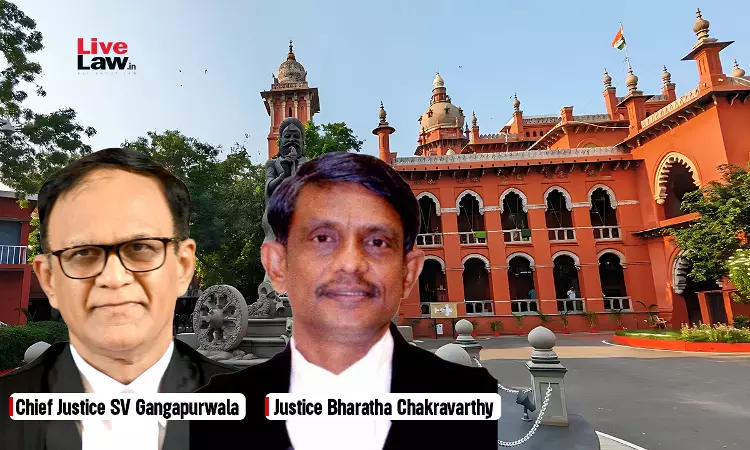Person In Unauthorised Occupation Of Land Cannot Claim Protection Under Article 19, 21 If Eviction As Per Law: Madras High Court
Upasana Sajeev
27 Nov 2023 9:50 AM IST

Next Story
27 Nov 2023 9:50 AM IST
While dismissing a challenge made to the Tamil Nadu Land Encroachment Act, the Madras High Court observed that a person unauthorisedly occupying a land cannot claim protection under Article 21 of the Constitution when the eviction proceedings were as per law. “Even otherwise, a person in unauthorised occupation cannot claim protection of Article 21 of the Constitution of India....
